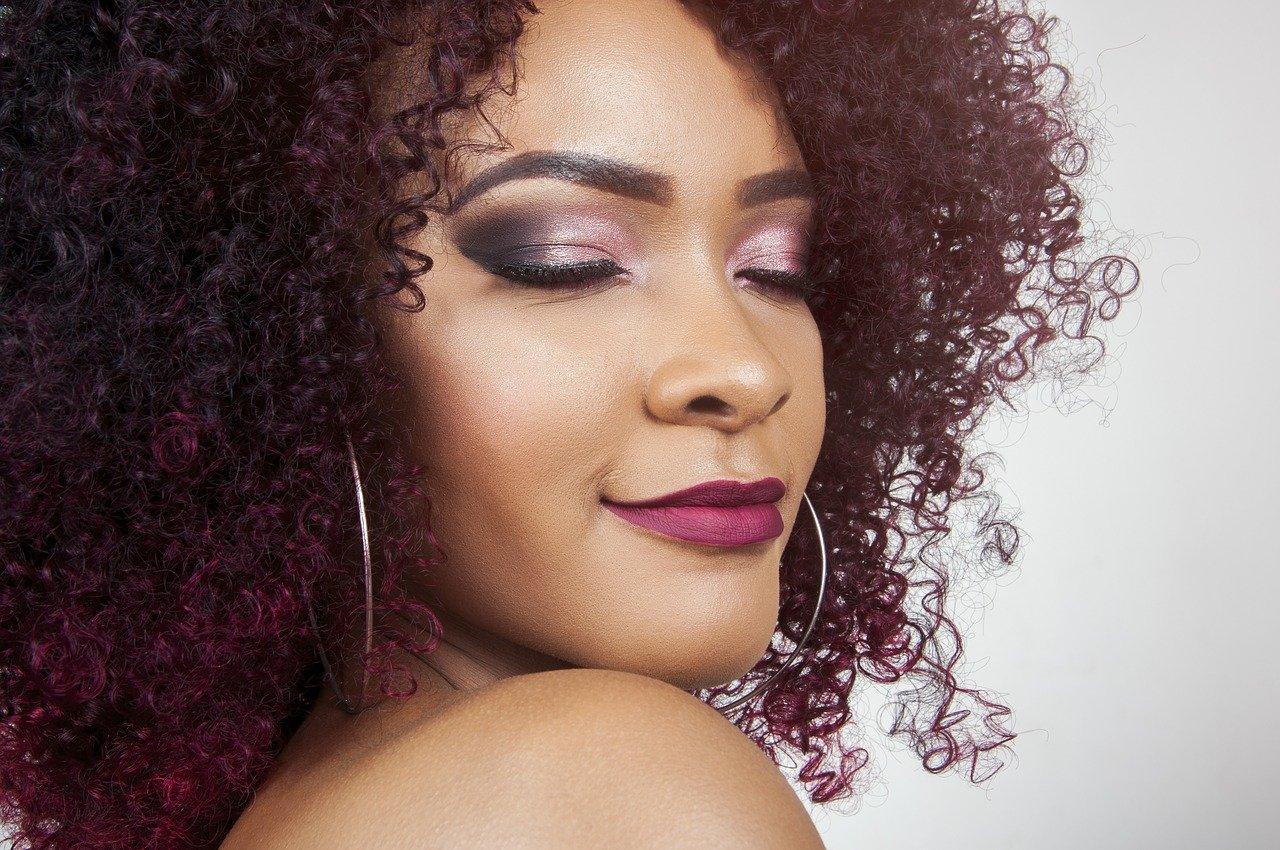
A skincare routine can mean a lot of things to many people. For some, it would only entail applying an acne-fighting sheet mask every other night before bedtime, while for others, it can mean applying 18 expensive products at the start of every day. In any case, any skin-care routine is as unique as the person following it. There is no one-size-fits-all routine that can go well with everyone’s skin. That’s why you’ll have to experiment a little before coming up with the perfect one for your complexion. Considering that our skin can react differently to different ingredients, it would be best to set the right expectations when it comes to routines, and this guide will help you do so.
Know the Basics
Your skincare routine can be as simple as doing only 3 steps. You don’t need to add any extra products until you feel comfortable using your basic three. Essentially, a morning skincare routine should start with a proper cleanser, then a moisturizing cream, and later, a sunscreen with at least SPF 30. At nighttime, you should use a cleanser, then a toner, serum, or even treatment of your choice. Wrap up your nighttime skin routine with a moisturizer. You might use a daytime moisturizer with SPF at night as you please, but you might want a thicker and more moisturizing product at night since you won’t have to worry about makeup being over it.
Learn How to Deal with Acne
Acne is as complicated to deal with as it is common. For example, there are different types of pimples, like whiteheads and blackheads that can either be inflamed or simply sitting on the surface of your skin. You might have acne for all sorts of reasons: hormones, stress, or a change in your diet. So, make sure to determine the root cause behind your acne in order to treat it properly. Back acne is also a common issue that many people have to deal with, but luckily, there are several ways to treat back acne without using harsh chemicals. You can try over-the-counter options that might help if your acne breakout isn’t severe, but if it still persists, you can use an antifungal medication, which a dermatologist can prescribe to you.
Allergic Reactions
Whether or not your skin likes the product you’ve introduced to it, it will always exhibit a reaction ranging from tingling to itching, to burning to red rashes and blisters. Mild stinging can happen when you’re using new toners, for example, and you might also experience some redness from using a topical retinoid. All of the aforementioned symptoms are considered normal skin reactions and not allergic reactions. Allergies, on the other hand, will be painful and will last for a long while if not treated properly. Instead of the mild symptoms we’ve just mentioned, you might develop a painful skin rash or a condition. If you’re starting to get worried about your skin’s reaction to a certain product you must consult a dermatologist immediately.
Give Your Skin Time
We can conclude that when starting a new regimen or applying a new product, it can be difficult for your skin to adjust. In fact, it can take quite a bit of time (about two months) for your skin to get used to a new product. However, you should keep an eye out for your symptoms, as these will tell you if this is just a simple reaction and that the product is actually working for your skin or not. For instance, dry, red, and irritated skin is an expected reaction to products like creams and topical retinoids; thus, you must reduce the frequency of your use of these products to ease your skin into the product.
Scars and Discoloration
Some people don’t care about having a few scars here and there on their bodies, while others simply can’t stand the mere sight of them. If you’re one of those people, you ought to do your best in order to minimize the appearance of any scar on your skin. Unfortunately, many people have reported the inefficiency of over-the-counter scar medications. In addition to that, there is not much evidence to support their effectiveness as well. If you really want to protect your skin from scars, you’ll need to moisturize it on a regular basis. In fact, excessive moisturizing can provide protection against scarring.
These are the basics you should know when starting a new skincare routine. Once you get the hang of these simple steps, you can move on to other products rich in vitamins, minerals, etc. However, you must ensure that you give your skin time to get used to these new changes. Otherwise, your efforts and money will be all for nothing.







